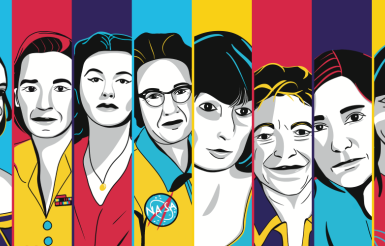International Women's Day
08 March 2024
The CNIL invites you to discover the portraits of women computer scientists, engineers, researchers and teachers, through the history of women's rights, from the 1960s to the present day, and far from the gender stereotypes associated with digital technology.
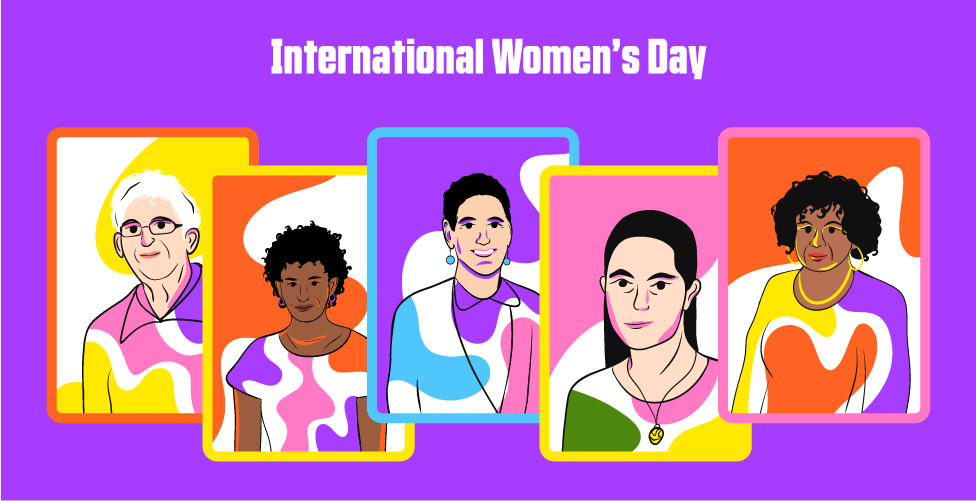
1960
13th July 1965
In France, the law reforming matrimonial property regimes was passed. Women could manage their own property and work without their husband's consent.
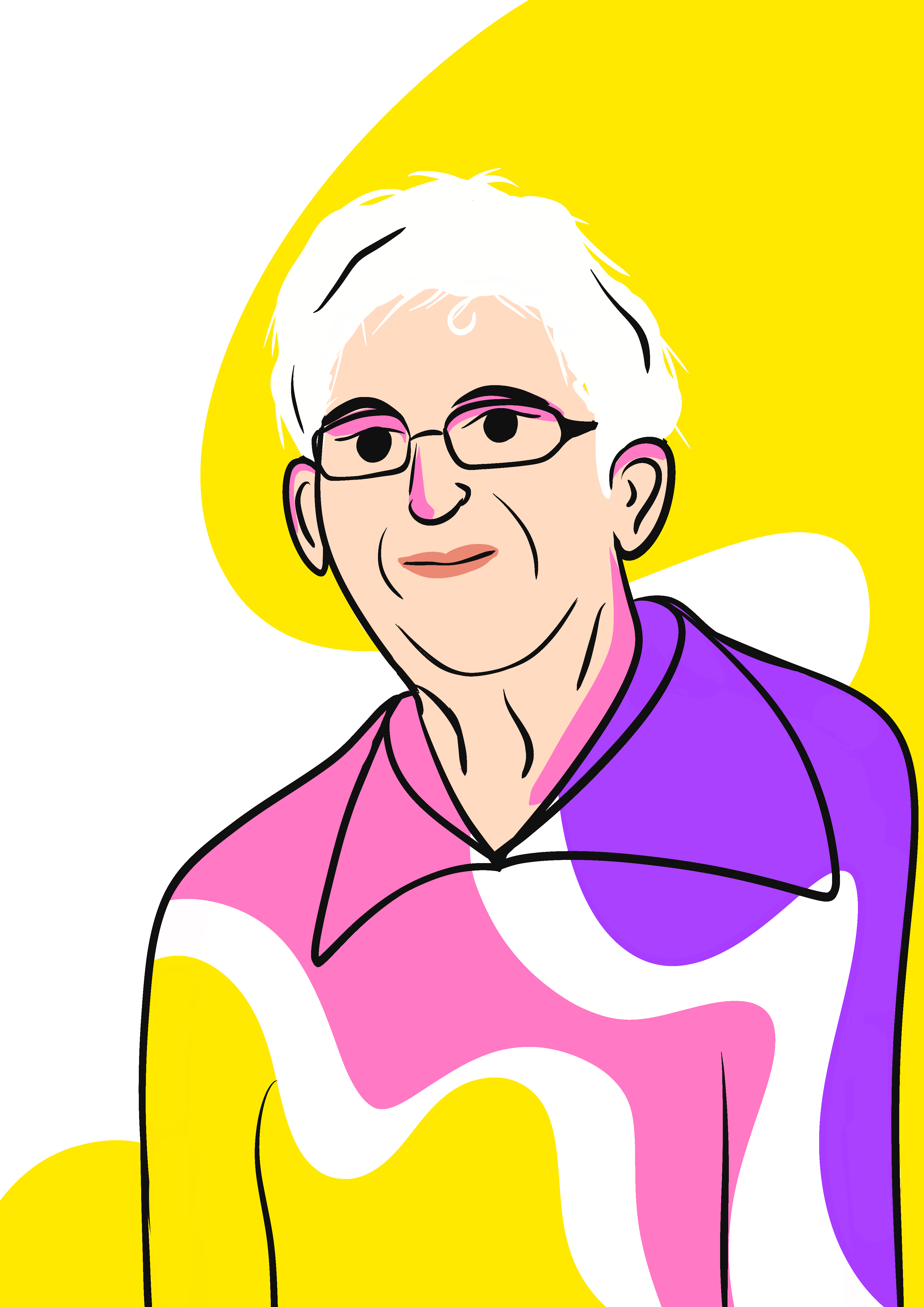
Marion CRÉHANGE
Marion CRÉHANGE (1937-2022) was a French scientist. In 1961, while working as an assistant at the University of Nancy, she was the first woman in France to defend a thesis in computer science. Entitled "Structure du code de programmation" (Structure of programming code), it focused on the definition and creation of a macro-assembler and a programming language.
1970
8th March 1975
First celebration of "International Women's Day", followed by the first World Conference on Women in Mexico in June, where a ten-year world action plan for the advancement of women was drawn up.
Elizabeth FEINLER
Born in 1931, Elizabeth FEINLER is an American computer scientist. In 1974, she created the Network Information Center (NIC) of the ARPANET and designed the Domain Name System (DNS) in 1982. This transformed web browsing by replacing complex numerical addresses with domain names such as .gov, .com or .org.
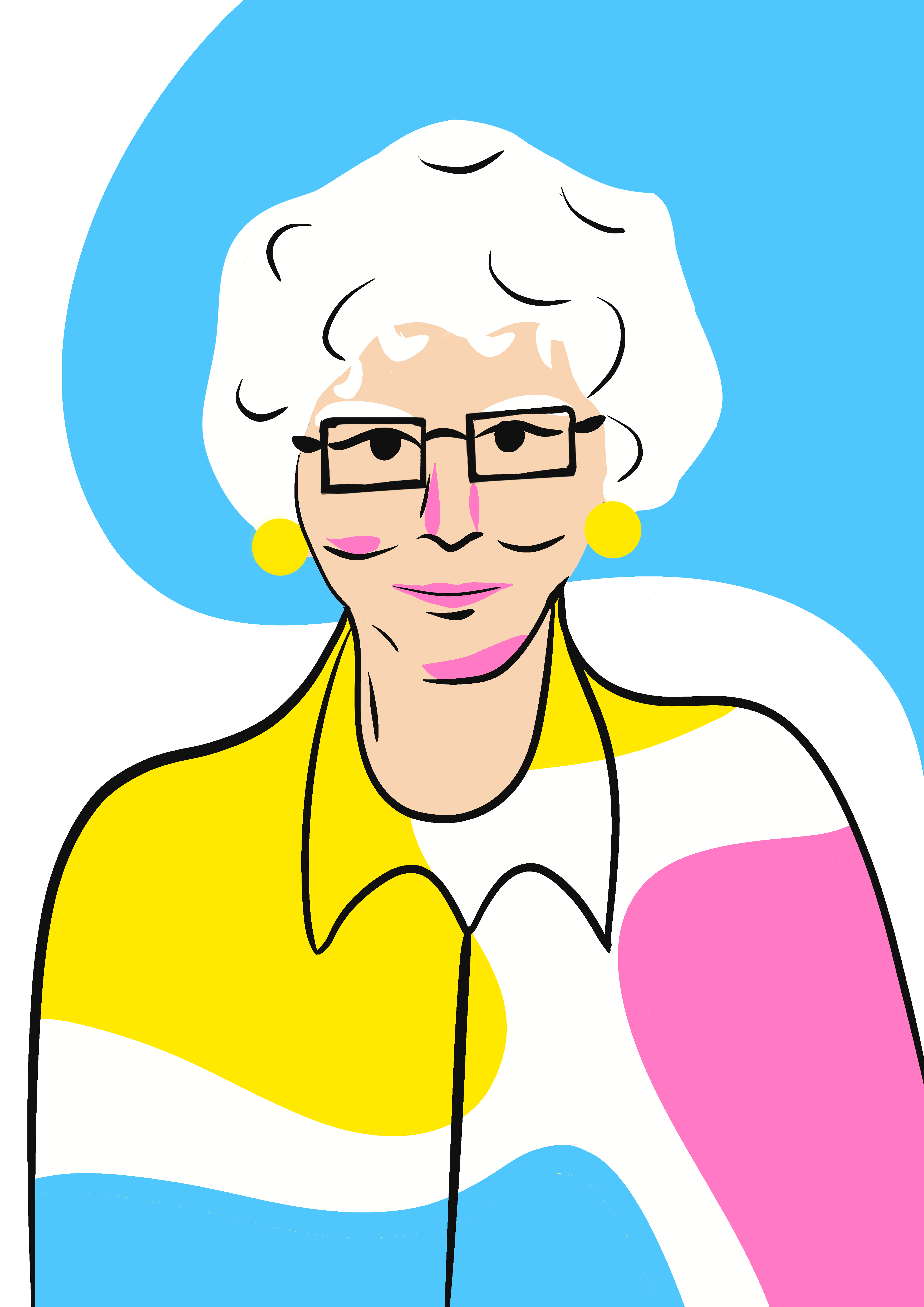
1980
13th July 1983
In France, Law no. 83-635, known as the "loi Roudy ", establishes professional equality between women and men.
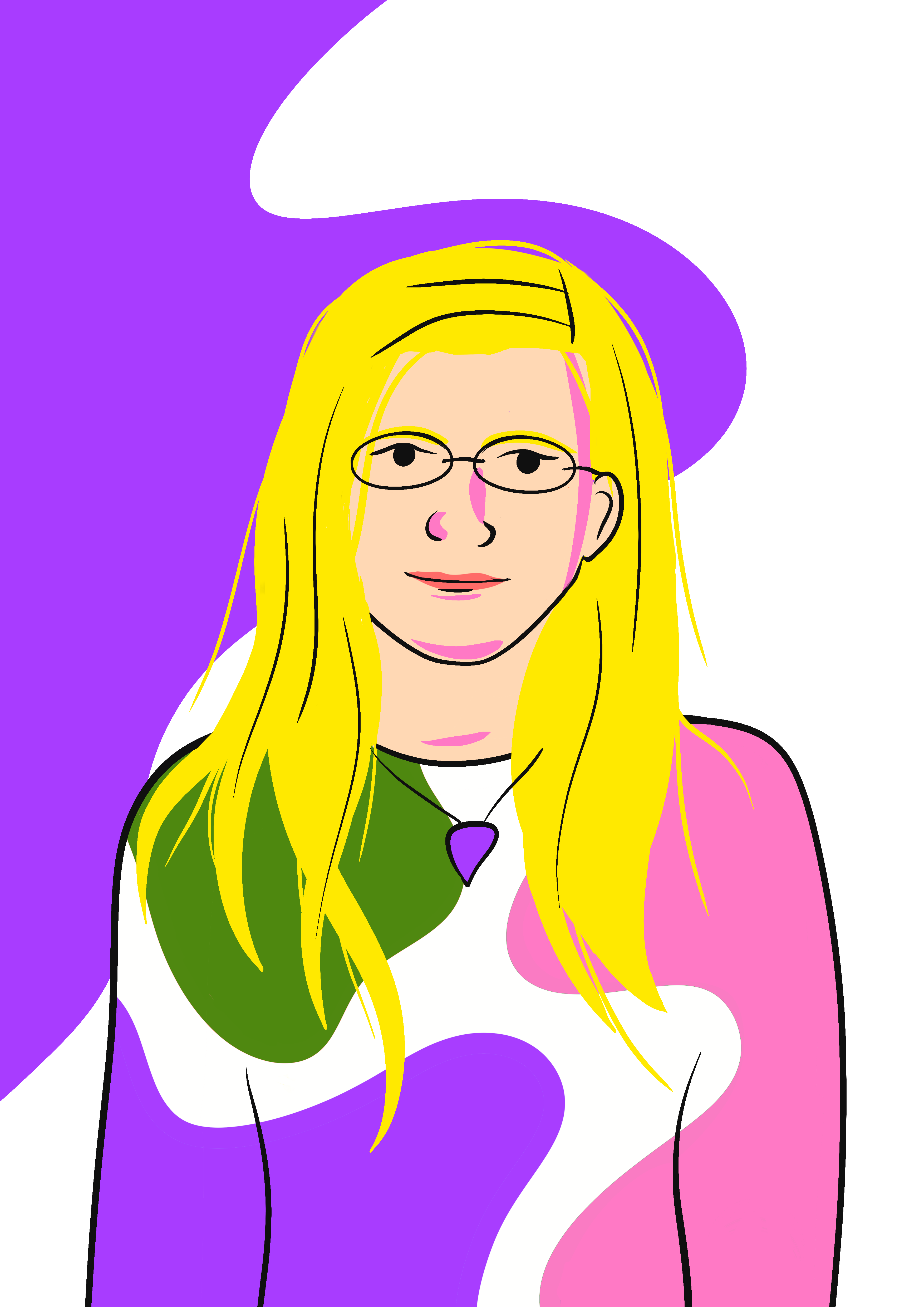
Joëlle COUTAZ
Born in 1946, Joëlle COUTAZ is a French computer scientist specialising in human-computer interaction (HCI), a field in which she is a pioneer in France. In 1987, she created the "presentation-abstraction-control (PAC)" model, a software architecture model for interactive systems. Between 1989 and 1995, she contributed to the ESPRIT BRA/LTR project called AMODEUS, the aim of which was to promote a multidisciplinary approach to man-machine interaction.
1990
8th July 1999
In France, the constitutional law on equality between women and men, enabling the legislator to take measures to promote equal access for women and men to political mandates and functions is adopted.
Muriel TRAMIS
Muriel TRAMIS is a computer engineer and one of the few French video game designers. Since 1990, she has been working on educational video games, developing "intelligent tutorial support" for revising French, maths and English for levels ranging from CE1 to 3e. The innovative concept was so successful in France and Europe that in 1992 it was adapted for children aged 4 to 7 under the name Adibou.
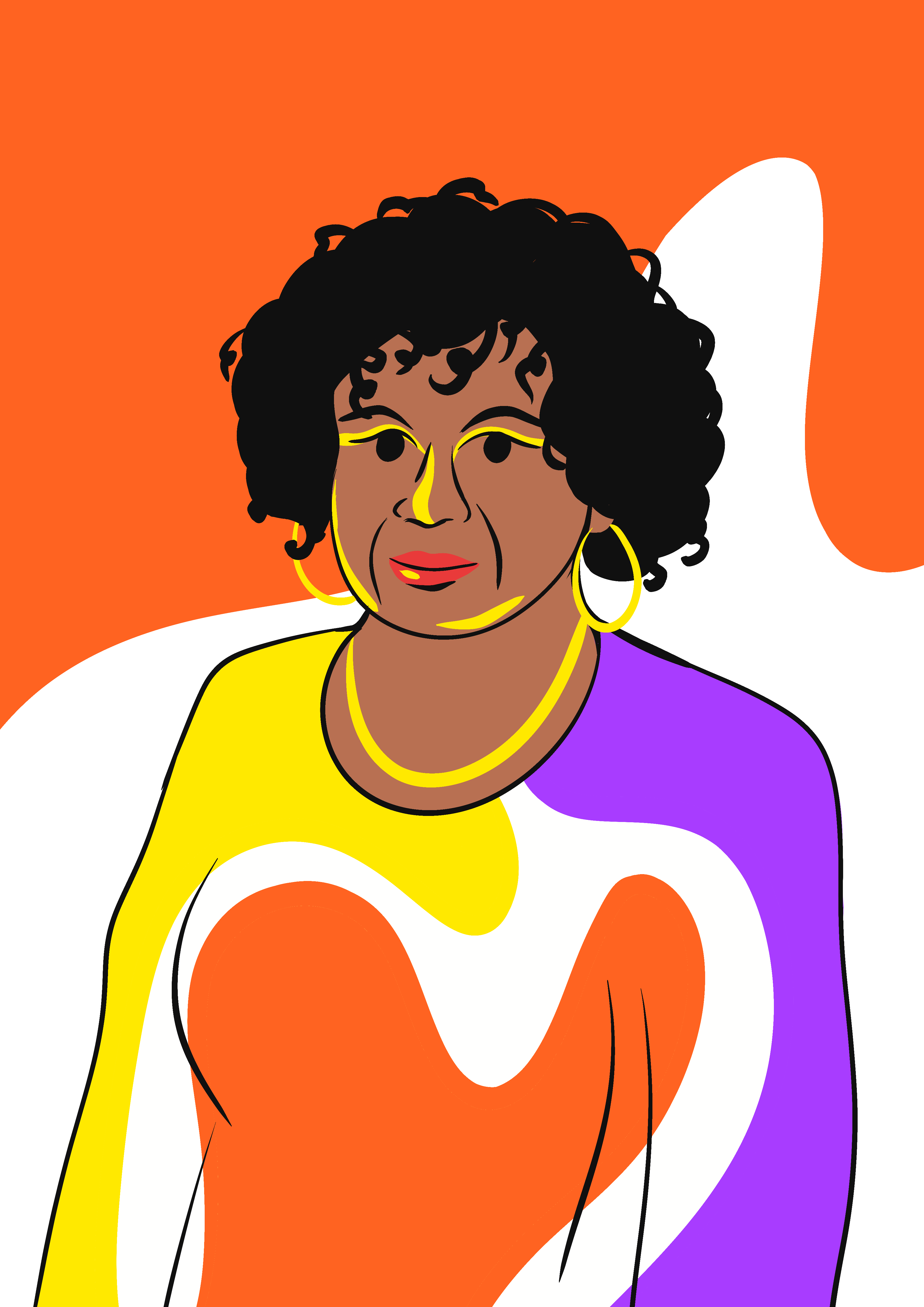
2000
31st October 2000
Resolution 1325 on Women, Peace and Security is adopted by the United Nations Security Council, which recognises that war has a different impact on women. It also called for the inclusion of women in conflict prevention and resolution procedures.
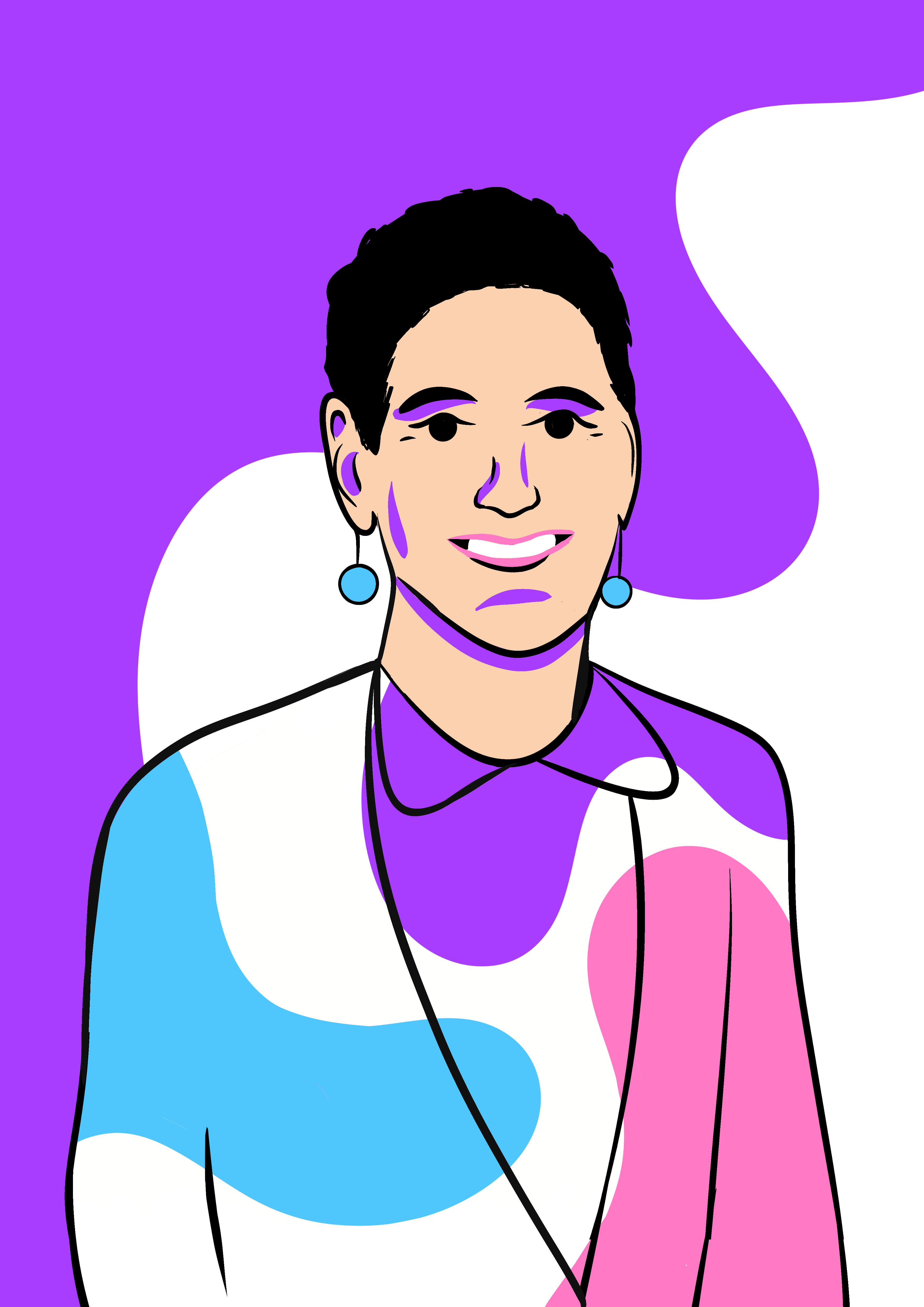
Helen NISSENBAUM
Born in 1954, Helen NISSENBAUM is a professor in information and communication science at Cornell University (New York). In 2004, she proposed the principle of "Contextual Integrity", which identifies information flows that may be perceived as problematic by individuals. In 2006, she contributed to the development of the concept of "obfuscation", which protects users against online identification, surveillance and profiling.
2010
4th August 2014
In France, Act 2014-873 on real equality between women and men has been adopted. The text aims to combat gender inequality in the professional, public and private spheres.
Véronique CORTIER
Véronique CORTIER is a French computer scientist. In 2015, she was awarded the INRIA - Académie des sciences Young Researcher Prize for her work on the cryptographic protocols that secure Internet exchanges. Together with other researchers, she is developing the Belenios open source software, which guarantees the transparency of an electronic ballot while ensuring the confidentiality of votes.

2020
8 March 2024
On 4 March 2024, the French Parliament, meeting in Congress, approved by 780 votes to 72, the bill definitively enshrining abortion in the Constitution. The law was promulgated on 8 March 2024 by the President of the Republic. France is the first country to enshrine abortion in its fundamental law.
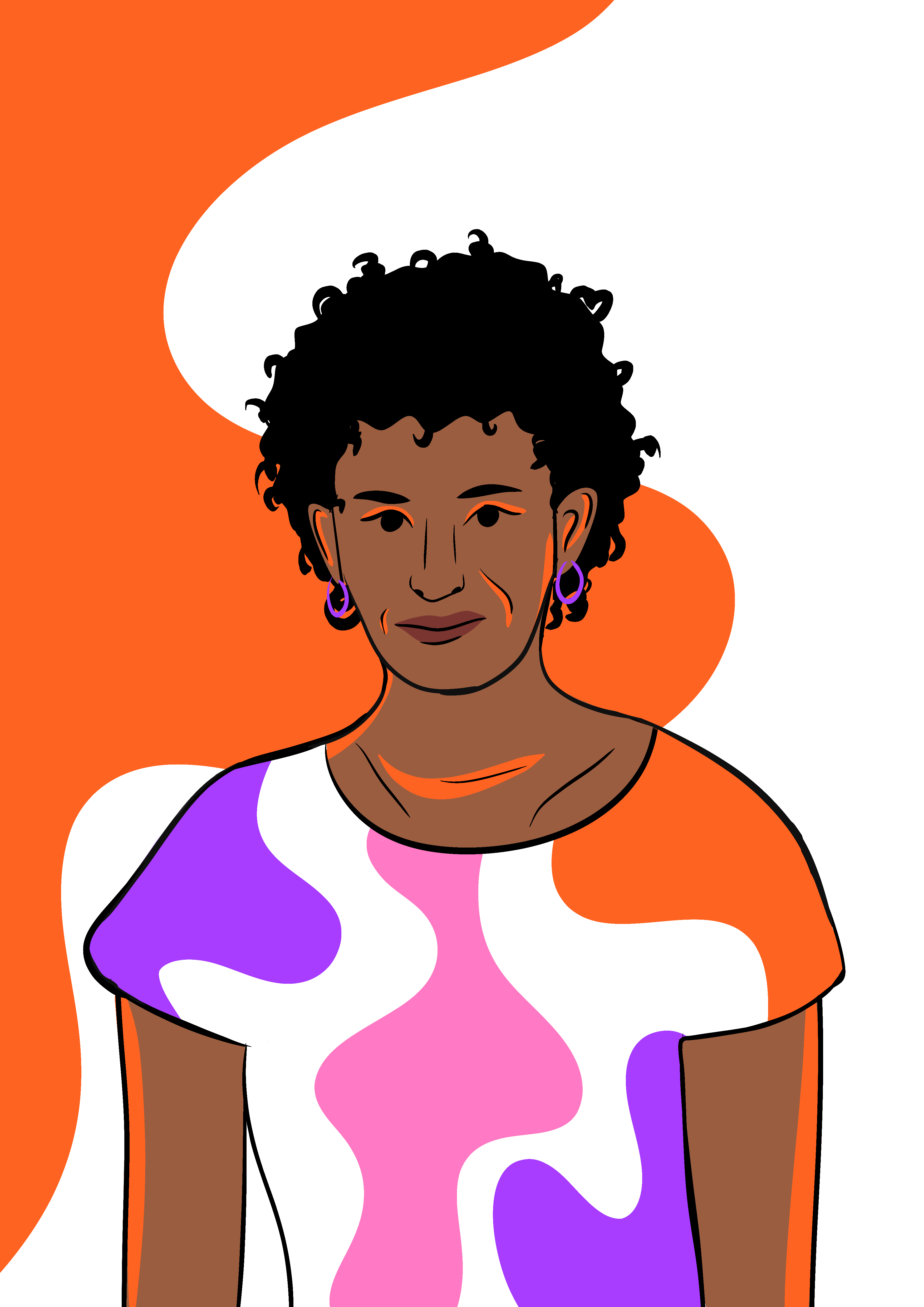
Rediet ABEBE
Rediet ABEBE is an Ethiopian researcher in artificial intelligence (AI) and algorithms. Born in 1991, her work focuses on the development of mathematical models to address issues of poverty, inequality and risk prevention. In 2016, she co-founded a research programme entitled "Mechanism Design for Social Good (MD4SG)", then in 2017 created the Black in AI association to help the inclusion of African-Americans in the field of AI. In 2020, she co-chaired the Association for Computing Machinery (ACM) programme, which aims to build algorithms to solve social problems.


